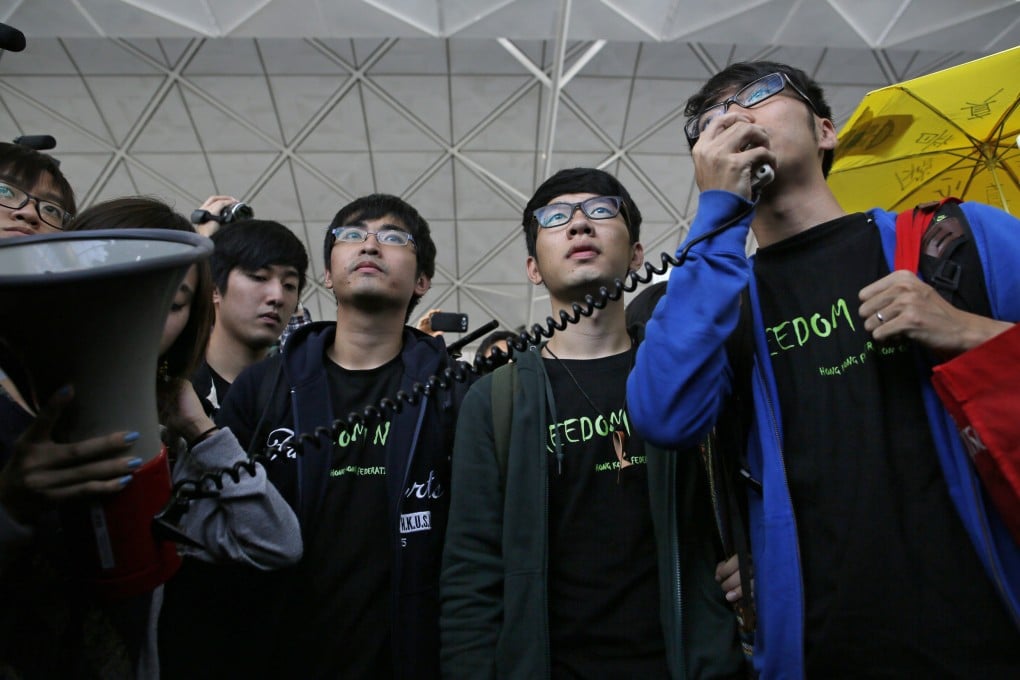Chinese must fight on for their right to freely enter or leave their own country
Chang Ping says submitting to officials' strong-arm tactics won't win activists any concessions

On November 14, civil society activist Xiao Liang bought a mop while in Bangkok and attached a woman's portrait to the stick. Holding it, she headed for the United Nations Conference Centre, where the "Asian and Pacific Conference on Gender Equality and Women's Empowerment: Beijing + 20 Review" was being held.
The portrait was that of Xiao Liang's friend and fellow activist, Zheng Churan. The two young women were travelling to Bangkok to attend the UN meeting when Zheng was detained at the Guangzhou checkpoint.
China's overworked border officials have been busy of late checking all travellers against a long list of names barred from entry or exit. The list includes long-time activists on human rights and ethnic minority issues. Some others were blacklisted for having attended "sensitive meetings", some because they sought to speak up for Hong Kong's protesting students. Yet others have no idea why they were barred.
Zheng was told she was being detained so she could be investigated, but no investigation has been conducted so far.
A month ago, I attended a session in Geneva of the UN Committee on the Elimination of Discrimination against Women. Aids activist Wang Qiuyun, who was due to attend the same meeting, failed to turn up after the government confiscated her passport while it was being delivered to her with a newly issued Swiss visa. Mainland police forced her to tell the UN organisers she was "too sick" to go, but she refused. Her NGO colleagues revealed this at the meeting.
When questioned at the conference about her absence, a Chinese government spokesperson claimed she might have failed to buy an air ticket.
It's terrible to be a target of police surveillance and deprived of one's freedom. That's why most people who face travel restrictions tend to keep quiet, hoping their tolerance would buy them some leeway. But Wang and her colleagues chose to fight back. They realised they were still being watched despite being careful.